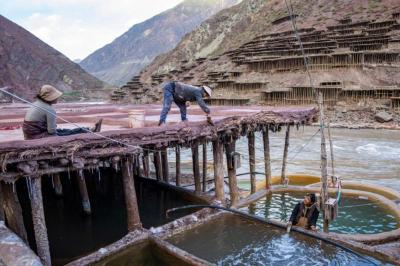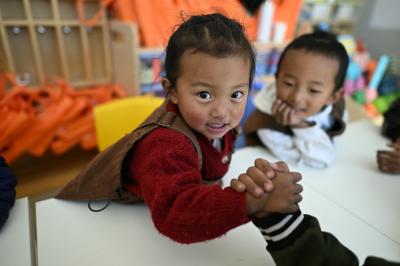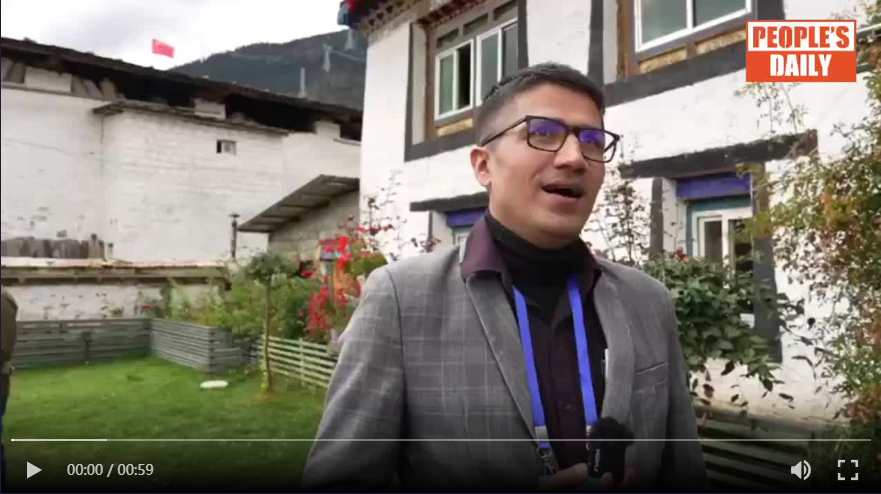| June 20, 2019 -- Experts and officials have called for exploring more ways to protect and develop Tibetan culture as the autonomous region continues to open up under the Belt and Road Initiative.
Tibetan culture mainly consists of food, costumes and customs, Sim Hyukjoo, a professor at Hallym University in South Korea, said at a seminar during the 2019 Forum on the Development of Tibet, held on Friday in Lhasa. "I have been to Lhasa several times and also did an investigation 10 years ago, and the city is quite developed in comparison to the past decade," Sim said. Sim said with the development of the BRI, it is necessary to explore modern ways to adapt traditional Tibetan culture. "In the age of global digitization, the Tibetan culture should be promoted through digital engineering to make it known to the world," he said. Authorities should use digital engineering to permanently protect the traditional heritage and literature of Tibetan Buddhism, Sim said. Irmantas Peciura, a policy analyst at the Research Council of Lithuania, said people in the West do not know much about the Tibet region and its historical links with other parts of China because of language barriers and inadequate communications. "We have visited a palace in Lhasa and other Buddhist temples and it seems that Tibetan people can openly express their beliefs and cultural heritage," Peciura said. The BRI should be perceived as a golden opportunity for the development of socioeconomic relations in the region, he said. "It is crucial to pay great attention to the preservation of Tibetan cultural identity and heritage, work on the improvement of the environmental situation of the region and develop attractive tourism infrastructure," Peciura said. Zheng Hao, deputy director of the international exchange and cooperation bureau at the Ministry of Culture and Tourism, said, "Culture is a crucial component of tourism, and Tibetan culture can be adapted and developed in combination with the tourism industry." Tibet has rich cultural resources including its natural landscape and traditional culture, such as Tibetan medicine and art, he said. "The culture should be developed through industry development and exchange activities, so as to promote its inheritance and innovation and also benefit more people," Zheng said. Norbu Tsring, head of the office of industrial and resources development at the region's cultural department, said Tibetan culture attracts worldwide attention with its distinct features and traditional elements. "We are committed to developing more creative cultural products in a bid to adapt Tibetan culture in an innovative way," he said. |
- Home
- News Tibet |Exclusive |China |World |Related News |Latest
- Documents White Papers |Others
- Photo Politics |Economy & Society |Culture & Religion |Human & Nature |Beautiful Tibet |Other Tibetan-Inhabited Area |Exchanges |Related
- Video News |Documentary |Micro-Video |Entertainment
- Art
- Tourism
- In Focus
- About Tibet






